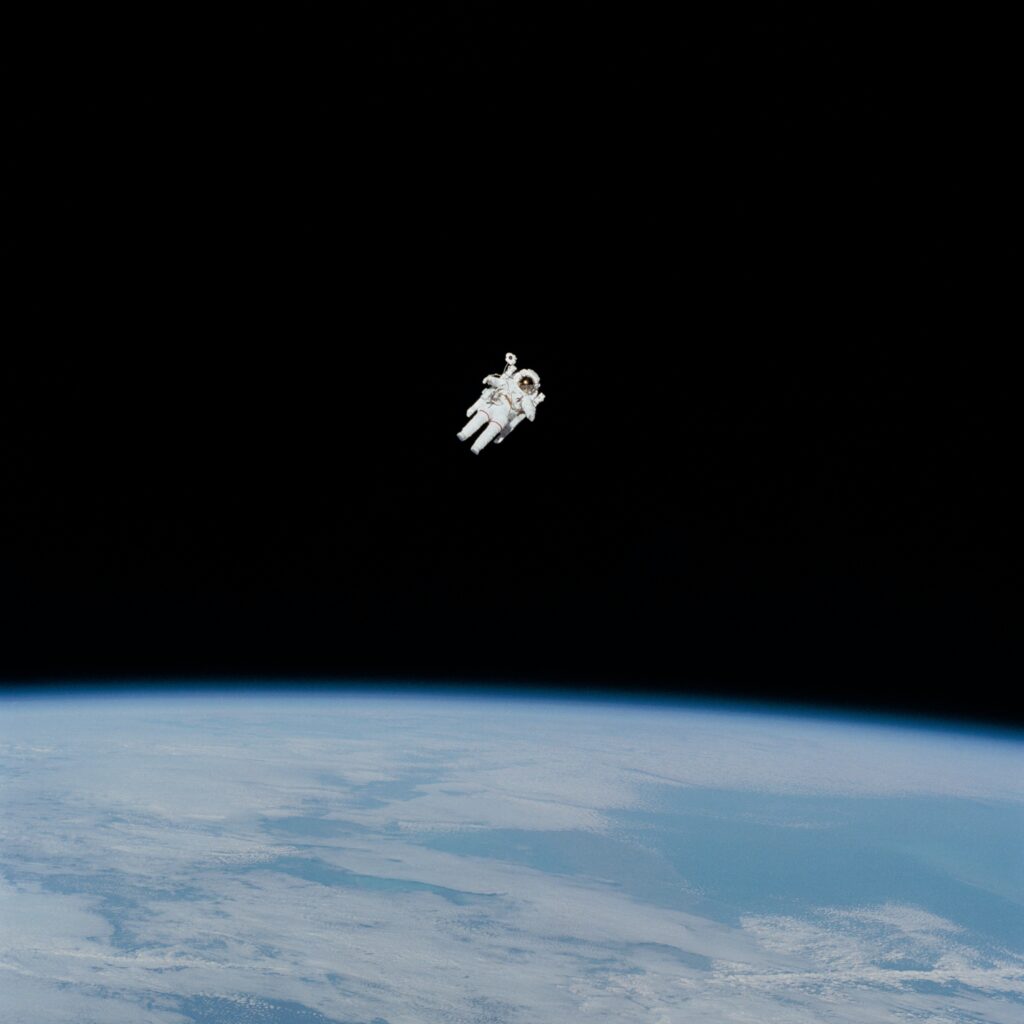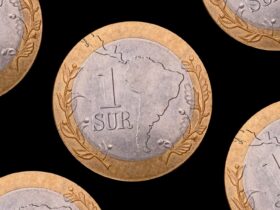What on Earth are rare earth minerals?
They include minerals such as dysprosium and neodymium. However, the confusing names still don’t explain what they are, nor why global superpowers like Russia, China and the United States are willing to wage a new space war over them. So, how do these elements typically only mentioned on the Periodic Table correlate to a country becoming the world’s ultimate superpower?
These rare earth minerals are the key elements that make up many modern technological devices like phones, laptops, satellites, electric cars, and even fighter jets. Meaning that whichever country has the largest abundance of these rare earth minerals has the advantage of research and advancement in the technological field.
Currently, China is the leading country in rare earth mineral production. It’s important to note that it is in production that they surpass every other nation. When it comes to rare earth minerals, the biggest issue isn’t finding them but processing them. China’s abundance of these minerals, perhaps, is one of the reasons that their technological advancements are up to par or surpassed in quantity. So, when China had a dispute with Japan in 2010 and briefly paused rare-earth mineral exports, it alarmed the United States.
To put into perspective, currently, the United States only has one operating rare-earth mine at Mountain Pass, California; however, there are several developing ones in Alaska, Wyoming and Texas. On the other hand, in 2019, China accounted for 80% of rare earth imports. Though rare earth independence has continuously been spotlighted as the focus of debates in U.S. defense circles, the issue often seems to be circumvented. The first reason is that there is too much focus on extracting minerals from the ground. Secondly, the United States realizes that China can’t sustain its environment and still be able to dominate the rare-earth market. Thus, the actual issue of over-dependency is not addressed by the United States.
The United States aims to have full self-sufficiency of rare earths; however, as the demand and growth of electric vehicles and other electronic devices grow, rare-earth supply isn’t simultaneously increasing. Another concern is that becoming completely self-reliant would come at the expense of the environment. Thus, unless the United States acts with European Union allies to reduce reliance on China, extraterrestrial mining is the only way to gain an edge.
Hence, researchers in the United States have been searching for opportunities to mine rare earths outside Earth’s limits. This would aid in the scarcity issue, environmental concerns, advancing technology and the rare earth minerals market. Thus, scientists in Sydney formed the world’s first “Off-Earth Mining Forum.”
For the past ten years, China, Russia and the United States have been pouring money into space exploration and technology. Though many don’t see why the United States would allocate so much money to space exploration when places in the United States don’t even have access to clean water, the scientific answer is simple: long-term investment.
The country that explores and ‘colonizes’ space first will be the country that has an advantage in the economy. This would then increase the influence of that country on the world stage. So, China’s current dominance in this market leads to increased hegemony, which is alarming for many modern democracies. Consequently, this could result in another Space Race, because not only would the United States and China be continuing their fight over political ideologies but also over market and technological dominance.
Countries are rushing to mark their territory and superiority in space to get a headstart in this off-earth mining field. NASA Administrator Jim Bridenstine explains that getting rare earths from the surface of other bodies in space, like the moon, is one way that companies can profit from space exploration.
The country with its hold on these rare earth mines wouldn’t need to depend on other countries or even their own mines so heavily, helping the environment and increasing their power. Furthermore, this could quickly become political, influencing how countries deal with political power and space exploration.
These 17 naturally occurring elements power the device you’re using to read this article and influence political choices, funding, economies, and trade relations. Rare earth minerals are such a precious commodity that nations are willing to race to space in order to get ahead in the market.
Now, the question is, could this ultimately become the new Space Race?







